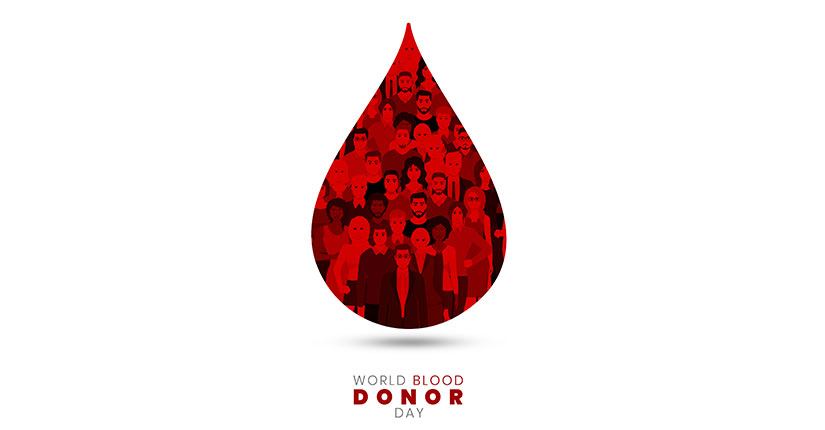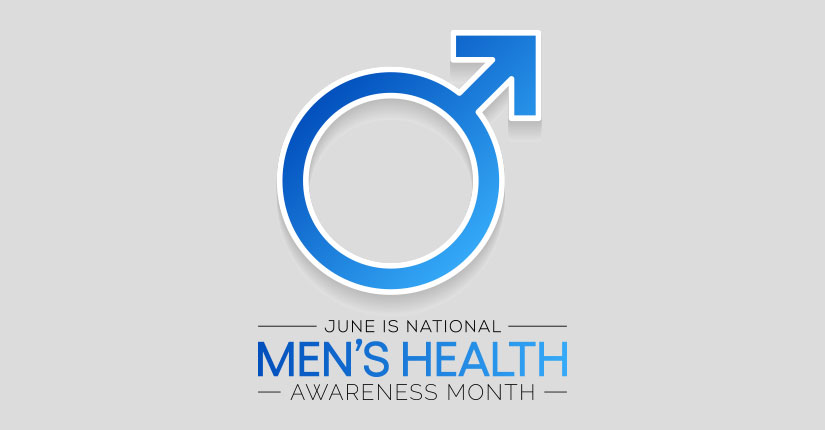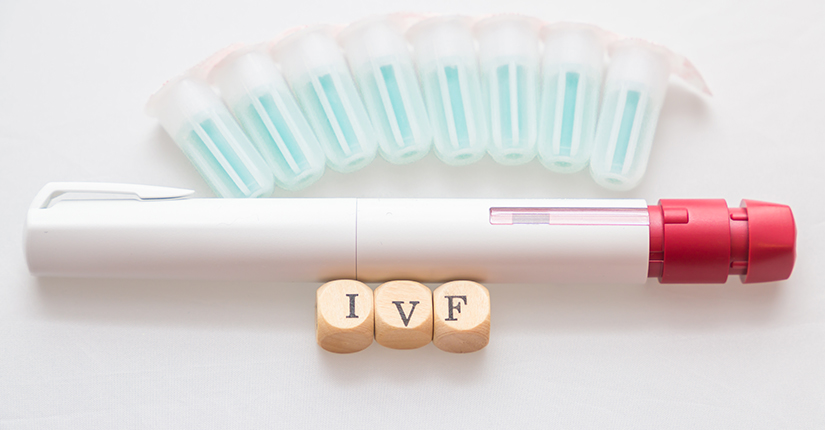Blood Donation and its Health Concerns
By Nmami Agarwal 14-Jun 2021 Reading Time: 4 Mins

Donating blood is a noble and kind act. Blood is one of the most essential components, assisting in the efficient functioning of the body. Blood transfusion is required to help several people who are in dire need of blood. If a decent amount of people donate blood regularly, thousands of lives can be saved. There are enough reasons for you to donate blood if you are capable of doing it. But a lot of people experience temporary health concerns after donating blood. Here are some health concerns that are associated with donating blood so that you can prepare yourself in advance to avoid the risk of any complications.
- Physical weakness: Physical weakness is one of the common temporary health concerns that a lot of people experience. If you are suffering from fainting, then sitting down and keeping your head between your knees can help you ease the discomfort. You should also drink water in order to replenish the fluid in the body before and after the blood donation to decrease the symptoms.
- Nausea and dizziness: A lot of people experience nausea, dizziness and light-headedness after blood donation. Low blood pressure levels can be a reason for this. You can lay down with your legs elevated to bid adieu to these symptoms. Make sure to keep yourself hydrated to replenish lost fluids in the body. Also, add natural iron and vitamin C rich foods to your diet to regain nutrition in the body.
- Bruising and pain: A lot of people also suffer from temporary and minor bruising due to the blood under the surface of the skin. This symptom can easily go in a week. Pain and minor swelling in the area of needle insertion is also a common temporary health problem after blood donation. You can warm compress the area to relieve pain and swelling. Warm compression for about 2-4 times a day can help.
- Minor bleeding: Minor bleeding in the area of needle insertion after blood donation is common. Make sure to cover the part with a bandage on for about 4 hours and if the part starts bleeding again, then you can apply pressure on it for about 2–5 minutes to get rid of the symptom.
Footnote
Keep a tab of these health concerns and prepare yourself in advance by consuming a nutritious diet and active lifestyle. Also, make sure to take proper rest before donating blood to avoid any health complications.





















